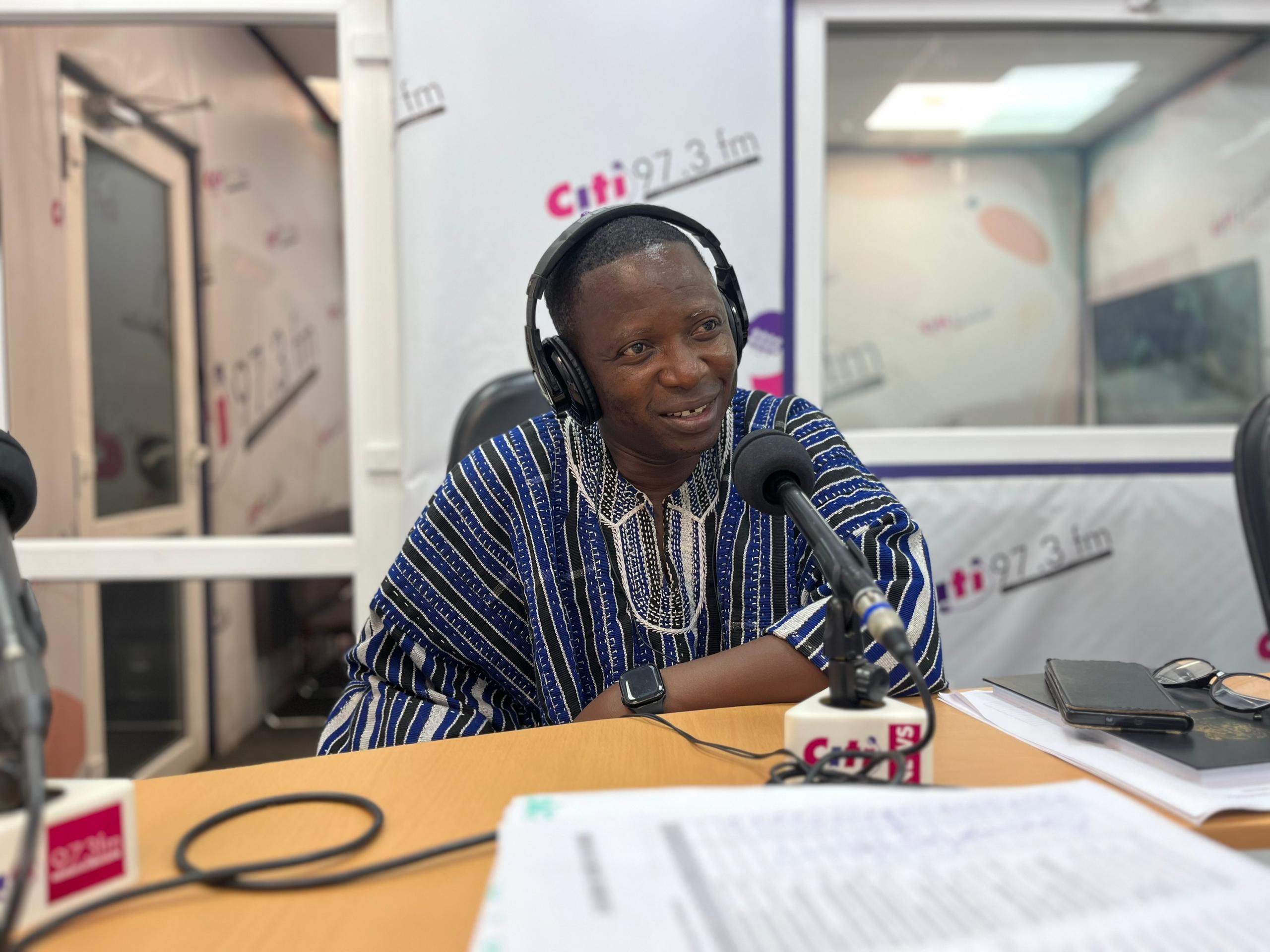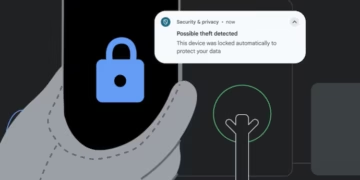A concerned citizen has taken a bold move to petition former President John Dramani Mahama to terminate the appointment of Dr. Abdul-Malik Rashid Tanko Computer, the Chief Executive Officer (CEO) of Ghana Investment Fund for Electronic Communications (GIFEC). The petition was triggered by allegations of Computer’s possession of a fake Ph.D. degree.
The private citizen, who prefers to remain anonymous, has reached out to the former President through a letter detailing the reasons for his plea. The individual cited the recent revelation by the National Accreditation Board (NAB) that Computer’s Ph.D. from Columbus International University, one of the unaccredited institutions in the United States, is not recognized in Ghana.
The petitioner expressed deep concern over the possibility of such an individual occupying such a crucial position in the country’s telecommunication sector. The alleged fake Ph.D. adds doubts to Computer’s suitability and credibility to hold the high-profile job at GIFEC, where his role involves the management of investments in the ICT sector.
The petitioner argued that a CEO who fraudulently fronts himself as a highly-educated individual creates a worrying trend in the country’s educational system. It also raises questions about the credibility of Ghana’s academic and professional standards.
The individual further noted that Computer’s alleged false qualification could have significant negative implications for the growth of the telecommunications sector, which is a key contributor to the country’s economy.
📌 Background: Who is the GIFEC CEO?
The Ghana Investment Fund for Electronic Communications (GIFEC) is a key governmental agency tasked with expanding digital inclusion across the country. It plays a central role in bridging Ghana’s digital divide, especially in underserved communities.
Recently, however, the CEO of GIFEC, Prince Ofosu Sefah, has come under intense scrutiny—not for his performance in office, but for the credibility of his claimed academic qualifications.
🧑🎓 The Core Issue: Unverified PhD
The controversy started when questions were raised on social media about whether the CEO holds a verified doctoral degree, as publicly claimed in several forums. Instead of addressing the allegations transparently, Sefah dismissed critics with a now-viral comment:
“I don’t respond to idiots.”
The statement, which was posted in a public online forum, instantly drew backlash, with many accusing him of being dismissive and unprofessional in the face of legitimate public concern.
🔍 Why Academic Integrity Matters
At a time when public sector transparency and accountability are under the microscope, the credibility of high-ranking officials is paramount. Holding or claiming unverified degrees—especially in technical and influential roles—can erode public trust.
This is especially crucial for someone leading a digital infrastructure organization like GIFEC, which is entrusted with millions of Ghana cedis in funding to implement nationwide tech initiatives.
📢 Public Response: Outrage and Disappointment
The public’s response has been swift and vocal:
Many Ghanaians took to Twitter, Facebook, and LinkedIn, calling for an official response or investigation.
Civil society groups are pushing for institutional verification of academic credentials for all public officials.
Tech community leaders are expressing concern about the optics and long-term impact on Ghana’s digital reputation.
📰 What Happens Next?
Despite the outcry, no formal investigation has been announced. The Ministry of Communications has also yet to comment. Still, pressure is building from both the media and civil society for greater transparency, not just from Sefah but from other leaders in Ghana’s public institutions.
This controversy could set a precedent: whether Ghana will take credential verification seriously in public service moving forward.
🧠 Key Takeaways
Ethical leadership is as important as technical capability in public office.
Transparency and humility are critical when facing public criticism.
Ghana’s growing digital ecosystem requires trusted, credentialed leaders at the helm.





































